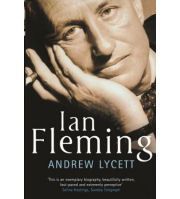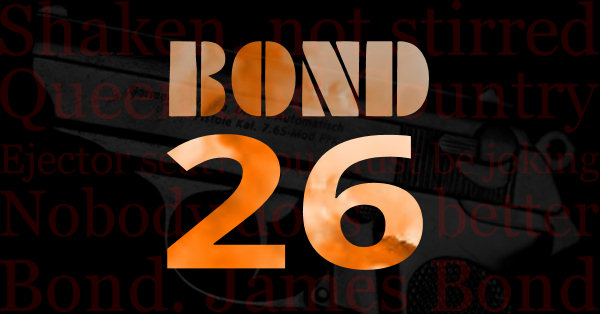 Kevin McClory could see huge cinematic potential in James Bond and was eager for Ivar Bryce to finance a project to finally bring 007 to the big screen. He had just directed his first feature financed by Bryce, “The Boy And The Bridge” which was Britain’s official entry in the 1959 Venice Film Festival.
Kevin McClory could see huge cinematic potential in James Bond and was eager for Ivar Bryce to finance a project to finally bring 007 to the big screen. He had just directed his first feature financed by Bryce, “The Boy And The Bridge” which was Britain’s official entry in the 1959 Venice Film Festival.
Given the green light, the first plot outline was a collaboration and later McClory brought in Jack Whittingham to produce the final screenplay. McClory was a keen diver and proposed the extensive underwater action, and although he later claimed to have devised SPECTRE, documentary evidence appears to show that it was Fleming who came up with the idea.
However, Fleming and McClory didn’t work well together and the Irishman’s relationship with Bryce quickly went sour. He had overspent on “The Boy And The Bridge”, without providing a final budget – Bryce was out of pocket and eager to avoid further losses, he cancelled all film projects. The enraged McClory believed that he was a partner in Xanadu Productions, Bryce’s film vehicle, and eventually received a six-month window from Bryce in which he could raise finance for the film himself.
Meanwhile, now that Fleming no longer had day to day input into the Sunday Times, he established his office in Mitre Court. Otherwise, his routine was unchanged, with his usual trip to Goldeneye in January 1960. Since the work on the film script seemed to have gone to waster, Fleming decided to base his next book on the ideas that had been developed, much in the same way ideas for the aborted James Bond television series had been reworked to become For Your Eyes Only.
He flew back to London via Washington in March, where he was invited to dinner by Senator JF Kennedy, who was a fan of the books – almost exactly a year later, in March 1961, Fleming returned to London from Jamaica to find that Life Magazine had published an article listing the newly elected JFK’s ten favourite books – in ninth place was From Russia With Love. Fleming’s American publisher was quick to put a massive publicity campaign into action to make the most of Kennedy’s endorsement, and by the end of the year Ian Fleming was the biggest selling thriller writer in the United States.
However, just a few days before the publication of Thunderball in March 1961, Kevin McClory and Jack Whittingham issued a writ for breach of copyright, having secured an advance copy of the book, and took out an injunction preventing publication. The injunction was rejected due to some 32 thousand books having already been sent to booksellers, but the judge ruled the copyright case would proceed.
While it is true that Fleming’s health had been getting progressively worse due to his massive consumption of cigarettes and alcohol, the court case clearly had an effect and in April he collapsed from a massive heart attack, aged just 53.
![]() For more comprehensive information on the life of Ian Fleming see Andrew Lycett’s excellent biography, available at Amazon.co.uk/Amazon.com.
For more comprehensive information on the life of Ian Fleming see Andrew Lycett’s excellent biography, available at Amazon.co.uk/Amazon.com.
![]() For the full story behind Thunderball see Robert Seller’s “The Battle For Bond” – Amazon.co.uk/Amazon.com.
For the full story behind Thunderball see Robert Seller’s “The Battle For Bond” – Amazon.co.uk/Amazon.com.
Read more about Ian Fleming










Leave a Reply.